Geek Tested: 17 Thermal Pastes Face Off
Arctic Silver 5, $13 / 3.5g tube
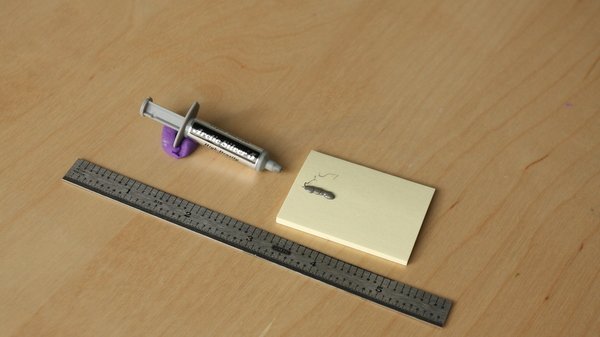
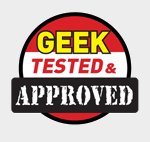
Even without the 200 hours of burn-in, Arctic Silver 5 did well, reducing the CPU temperature at full load to 82.5C. It’s not the best TIM in our roundup—at least not before the 200-hour burn in period—but it’s good right off the bat.
Geek Approved?: Yes
Arctic Silver Alumina, $6 / 1.75g tube
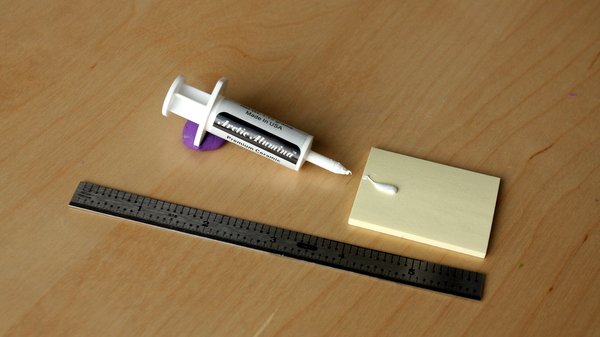
Alumina is Arctic Silver’s “Premium Ceramic Polysynthetic Compound,” and it looks a lot like the Arctic Silver Lumiére OEM Testing Compound we’ve been using for years in the lab. It’s white, spreads easily, and requires no burn-in time. It performed better than the Lumiére, with burn temperatures around 85.5C—decent, but not high enough to earn an “Approved” rating in this roundup.
Geek Approved?: No
Shin-Etsu MicroSI X23-7783D, $4 / .5g tube
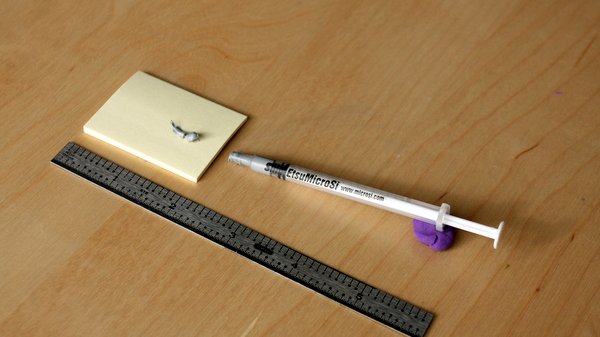
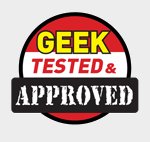
Geek Approved?: Yes
BioStar TC-DIAMOND Nano Diamond Thermal Compound, $17 / 1.5g tube
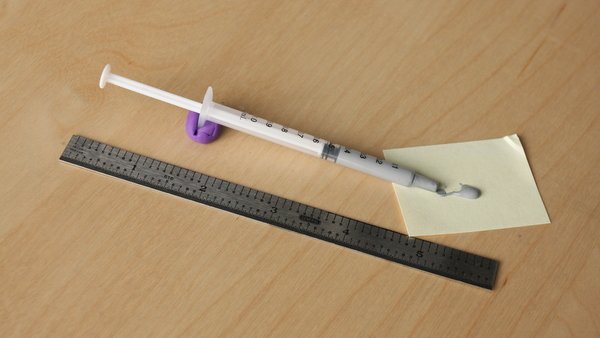
Nano diamonds, you say? We’ll take eight! Biostar Nano Diamond Thermal Compound is only 10 percent diamond particle; the rest is silicone compounds (50 percent), carbon compounds (20 percent) and metal oxides (20 percent). It’s electrically non-conductive and easy to apply with the included plastic spreader, but its performance in our test bed wasn’t impressive—89C at burn and 43C idle temperatures.
Geek Approved?: No
The biggest gaming news, reviews and hardware deals
Keep up to date with the most important stories and the best deals, as picked by the PC Gamer team.
Zalman ZM-STG1, $15, 3.5g bottle
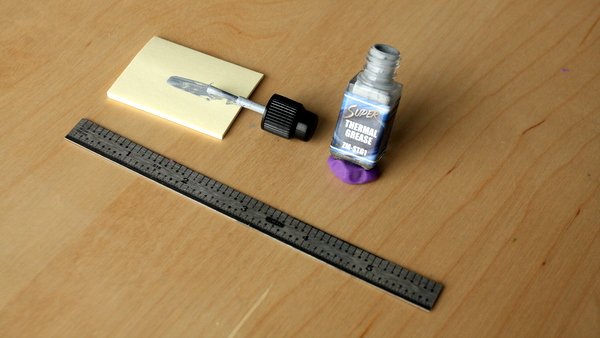
Zalman ZM-STG1 is another thermal grease in a tiny bottle with a brush applicator. The bottle is significantly smaller than the one Rosewill’s grease comes in, and the grease is thinner. We applied the ZM-STG1 with the brush as per instructions several times, but met with the same disappointing performance each time—over 89C at full burn and 43C at idle, just like the BioStar Nano Diamond paste.
Geek Approved?: No
Xigmatek PTI-G4512, $10 / 4g tube
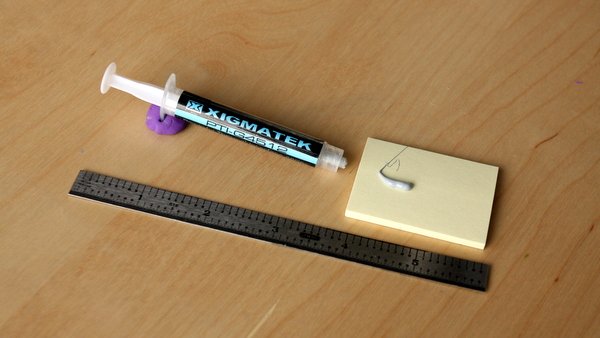
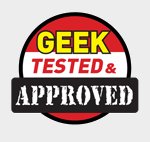
Geek Approved?: Yes
Arctic Cooling MX-2 Thermal Compound, $9 / 4g tube
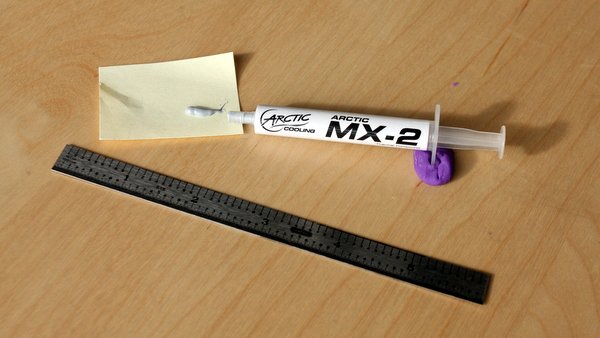
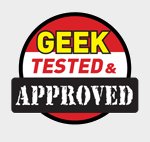
Geek Approved?: Yes
Cooler Master ThermalFusion 400, $12 / 4g tube
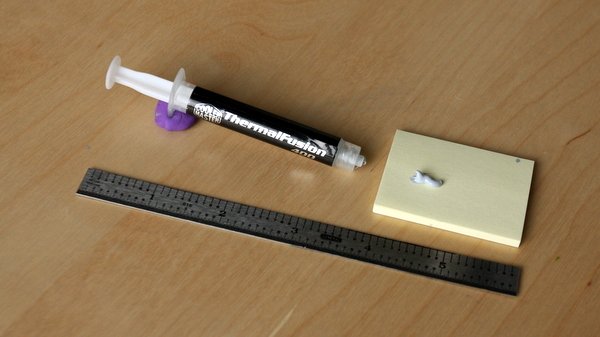
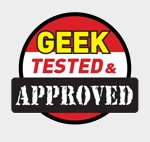
Geek Approved?: Yes
Conclusion
On an idling overclocked processor or a stock-clocked CPU, the differences between thermal pastes is minimal—we saw a spread of less than 4C between the best and worst thermal pastes in our roundup. At high temperatures—and we should reiterate that we overclocked the processor to 3.9GHz and used a custom thermal-stress utility to put an enormous thermal load on the CPU—we saw a spread of over 12C. Margin of error is plus or minus 2C to allow for ambient air temperature, which ranged from 23.8C to 25.4C throughout the testing procedure.
Of the seventeen thermal pastes in this roundup, Tuniq’s TX-4 scored the highest. Its burn temperature was 3C cooler than Arctic Silver 5’s. Eleven pastes earn our Geek Tested & Approved badge: Tuniq TX-4 and TX-2, Shin-Etsu MicroSI X23-7783D, Prolimatek PK-1, Arctic Cooling MX-4 and MX-2, Noctual NT-H1, Xigmatek PTI-G4512, ZeroTherm ZT-100, Cooler Master ThermalFusion 400, and good old Arctic Silver 5. We’d give pride of place to Tuniq’s TX-2, Arctic Cooling’s MX-2, and Prolimatech’s PK-1, because they’re slightly cheaper than some of the other premiere thermal interface materials.
So does thermal paste matter? Yes—there’s a big difference between thermal pastes when running a CPU at full burn. There’s a big difference between a thermal interface material that’s good for overclocking and those that aren’t, but with eleven great thermal pastes to choose from, you can’t go wrong with one of them.
One final note: The true hero of this story is Arctic Silver’s ArctiClean two-step thermal remover & surface purifier . It’s nontoxic, smells like oranges, and cuts through the toughest thermal interface with ease. We’ve used it in the lab for years and it’s a lifesaver any time we need to remove thermal paste from a CPU or heatsink. We’ve yet to meet a thermal interface material it didn’t work on.
Arctic Silver Lumiére (zero-point) | 43.75 | 89 | NO |
| Noctua NT-H1 | 41 | 81.25 | YES |
| Arctic Cooling MX-4 | 41 | 81 | YES |
| Tuniq TX-4 | 40* | 79.5* | YES |
| ZeroTherm ZT-100 | 41 | 81.5 | YES |
| Prolimatech PK-1 | 41.25 | 80.5 | YES |
| Rosewill RCX-TC090 Pro | 41.75 | 85.5 | NO |
| Xigmatek PTI-G3606 | 42.25 | 84.5 | NO |
| Tuniq TX-2 | 41 | 80 | YES |
| Arctic Silver 5 | 41.5 | 82.5 | YES |
| Arctic Silver Alumina | 42.75 | 85.5 | NO |
| Shin-Etsu MicroSI X23-7783D | 40* | 80.25 | YES |
| BioStar Nano Diamond | 43.25 | 89 | NO |
| Zalman ZMSTG1 | 43.25 | 89.25 | NO |
| Xigmatek PTI-G4512 | 40* | 81.25 | YES |
| Arctic Cooling MX-2 | 40.75 | 81 | YES |
| Cooler Master ThermalFusion 400 | 41 | 81.75 | YES |
Asterisk (*) denotes best score. All tests performed on an overclocked Core i7-975 @ 3.9GHz (burn) and 2.1GHz (idle) on an Asus P6X58D Premium motherboard with 6GB Corsair XMS3 DDR3, a Radeon HD 5850, and 850W Antec TruePower PSU. The CPU cooler used was a Thermaltake Frio OCK with its fans set to maximum speed. Temperatures recorded after 1 hour at idle and after 3 hours of full-burn testing using Intel's internal Nehalem stress-testing utility. We use HWMonitor to determine core temperatures and TMonitor to keep an eye on clock speeds.

